-
The Burden of Care: The Impact of Progressive Policies
›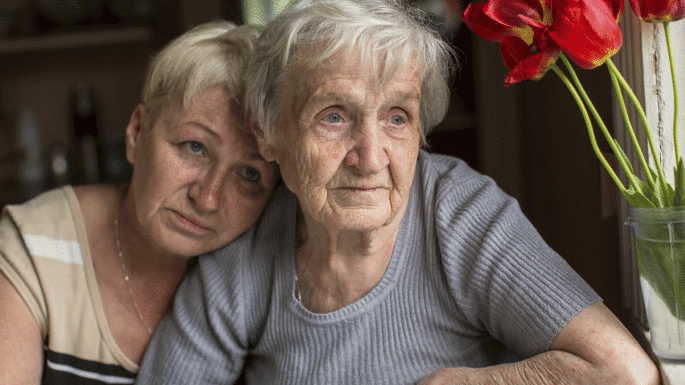
The burden of care—the time, energy, and costs of caring for other people—is growing, and women shoulder the heaviest load. This burden can have negative consequences for businesses, too, as it affects the health and productivity of workers, as well as economic growth. At a recent Wilson Center Ground Truth Briefing, four leading experts discussed the ways in which progressive policies could help balance the burden of care to increase economic productivity and benefit both employers and employees.
-
City Kids: The Sexual, Reproductive, and Maternal Health of Urban Adolescents
›
“All or most of the children living in these communities are by nature vulnerable,” said Melanie Yahner of Save the Children at a recent Wilson Center event on the sexual, reproductive, and maternal health of urban adolescents. Given that half of the global population living in urban areas today is under the age of 25, addressing the health needs of adolescents living in cities has become critical. “Who is shaping their norms and practices?” said Yahner. “How do we develop and adapt interventions that are meaningful for their needs?”
-
The Big Picture: Measuring Efforts to Build Resilience
›
“Resilience isn’t an outcome,” said USAID Resilience Coordinator Greg Collins at a recent Wilson Center event on measuring resilience; it is “the ability to manage adversity and change without compromising future well-being.” The wide array of individual factors that contribute to building resilience—ranging from livestock insurance and microsavings, to risk tolerance and women’s decision-making—can be challenging to measure individually, let alone in concert. But this assessment is essential for designing and implementing successful development projects: “We have to be able to answer the question: Is this building resilience, yes or no?” said Cornell University’s Chris Barrett.
-
Innovations in Midwifery Save Mothers’ Lives: Q&A With Geeta Lal
›
To prevent maternal mortality, we need new approaches to this very old problem. The United Nations Population Fund (UNFPA)’s Midwifery Programme, which operates in 120 countries, recently launched an innovative tool to improve training for maternal health workers. Dot-Mom, the column of the Maternal Health Initiative on New Security Beat, recently spoke with Geeta Lal, global coordinator for the Midwifery Programme, about the challenges of developing innovations in maternal health and new projects on the horizon for UNFPA.
-
Can We Fall in Love With the Problem? Monica Kerrigan on Innovations in Maternal Health
› “Innovation happens when there are pioneers that stick with it,” says Monica Kerrigan, vice president of innovations at Jhpiego in a podcast from the Wilson Center’s Maternal Health Initiative. At a recent panel discussion on “Reaching the Farthest Behind: Facility-Level Innovations in Maternal Health,” Kerrigan shone a light on some of the challenges facing innovators trying to change the way we care for mothers and their children.
“Innovation happens when there are pioneers that stick with it,” says Monica Kerrigan, vice president of innovations at Jhpiego in a podcast from the Wilson Center’s Maternal Health Initiative. At a recent panel discussion on “Reaching the Farthest Behind: Facility-Level Innovations in Maternal Health,” Kerrigan shone a light on some of the challenges facing innovators trying to change the way we care for mothers and their children. -
Reaching the Farthest Behind: Maternal Health Innovations at the Facility Level
›
“Innovation happens when there are pioneers that stick with it,” said Monica Kerrigan, vice president of innovations at Jhpiego. “How can we—each one of us—be part of the change process?” Innovations will be essential to meeting Sustainable Development Goal #3, which is to reduce the global maternal mortality ratio to below 70 deaths per 100,000 live births. Experts from the United Nations Population Fund (UNFPA), Jhpiego, Jacaranda Health, and Total Impact Capital came together at the Wilson Center on September 14th to discuss how maternal health clinics and other facilities can be drivers of innovation.
-
A Little Respect: Improving Maternity Care
›
“Disrespect and abuse during facility-based childbirth is a very widespread phenomena with different manifestations,” said Rima Jolivet from the Maternal Health Task Force (MHTF) during a recent webinar hosted by MHTF and Ariadne Labs on the need for respectful maternity care (RMC). Jolivet was joined by Katherine Semrau from Ariadne Labs, Rose Molina from Beth Israel Deaconess Medical Center and Ariadne Labs, Saraswathi Vedam from Birth Place Lab, and David Sando from the Harvard T.H. Chan School of Public Health.
-
Doris Chou on Measuring Maternal Health in the SDG Era
› “How do we present things in a responsible way?” asks Dr. Doris Chou of the World Health Organization (WHO) during a Wilson Center panel discussion on “Maternal and Women’s Health, Two Years In: Measuring Progress Towards Meeting the SDGs.” “My job is to make sure things don’t get misinterpreted,” says Chou.
“How do we present things in a responsible way?” asks Dr. Doris Chou of the World Health Organization (WHO) during a Wilson Center panel discussion on “Maternal and Women’s Health, Two Years In: Measuring Progress Towards Meeting the SDGs.” “My job is to make sure things don’t get misinterpreted,” says Chou.
Showing posts by Yuval Cohen.


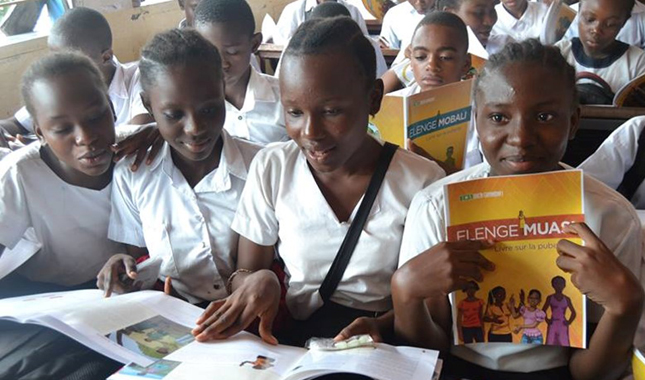
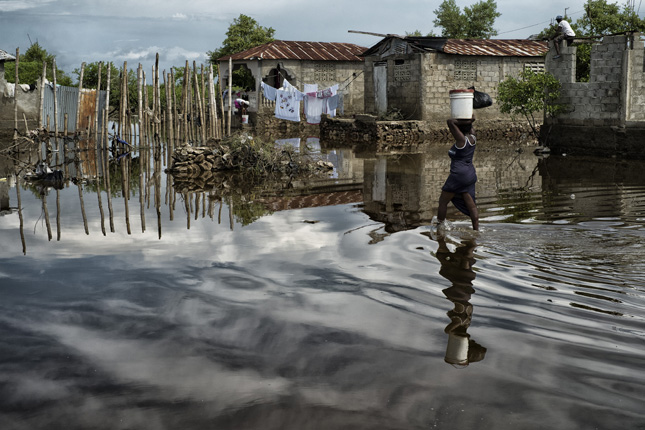
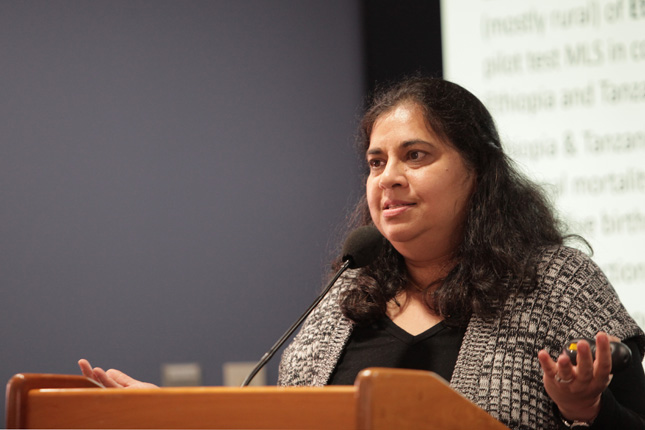
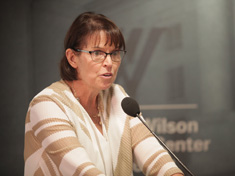 “Innovation happens when there are pioneers that stick with it,” says
“Innovation happens when there are pioneers that stick with it,” says 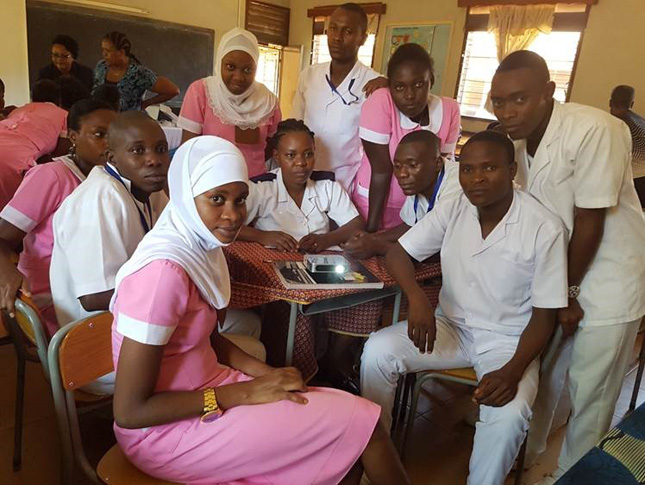
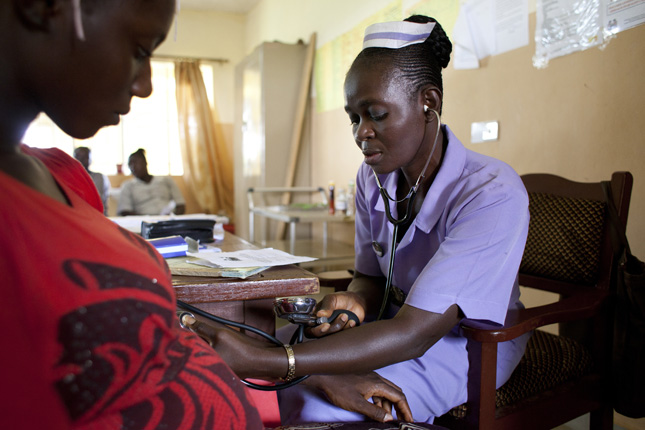
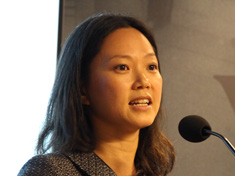 “How do we present things in a responsible way?” asks Dr. Doris Chou of the World Health Organization (WHO) during a Wilson Center panel discussion on “
“How do we present things in a responsible way?” asks Dr. Doris Chou of the World Health Organization (WHO) during a Wilson Center panel discussion on “

